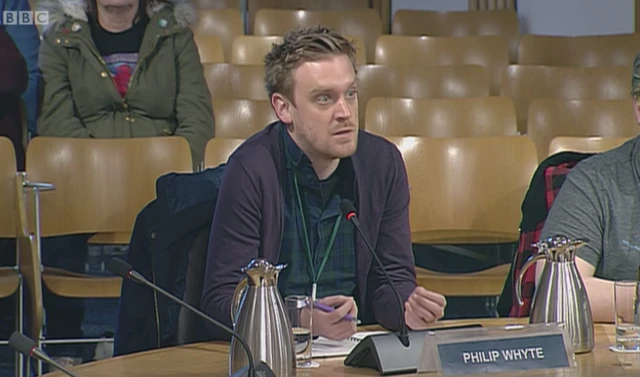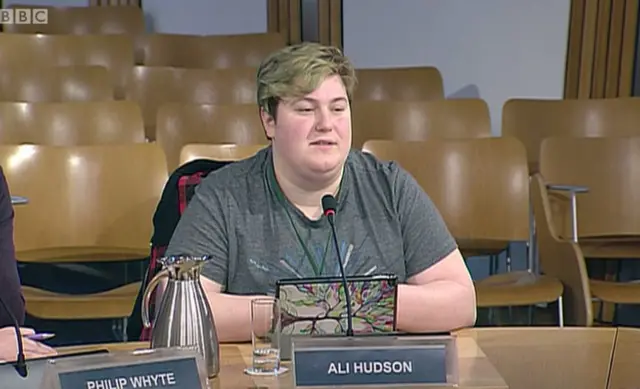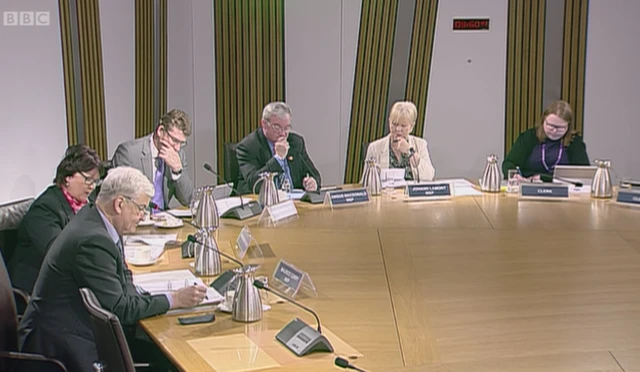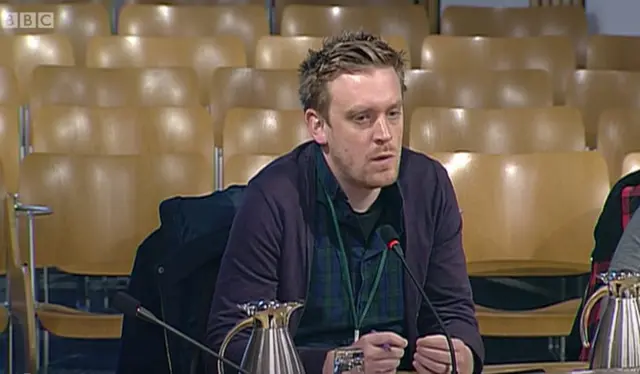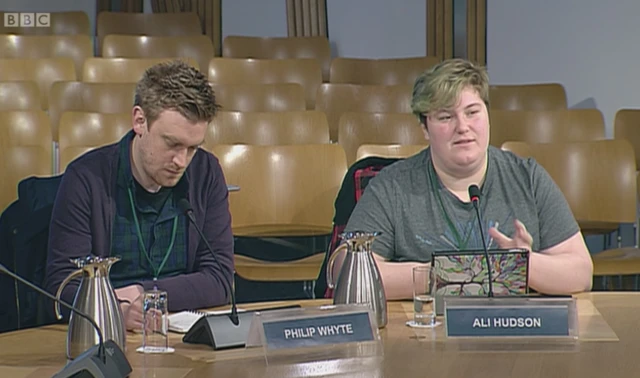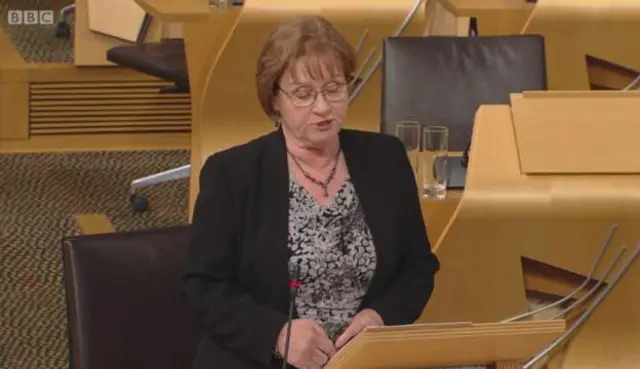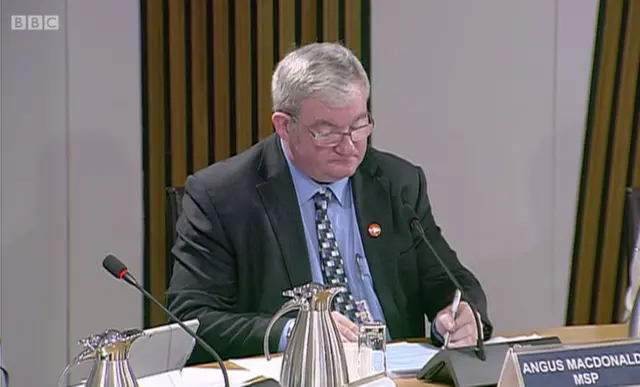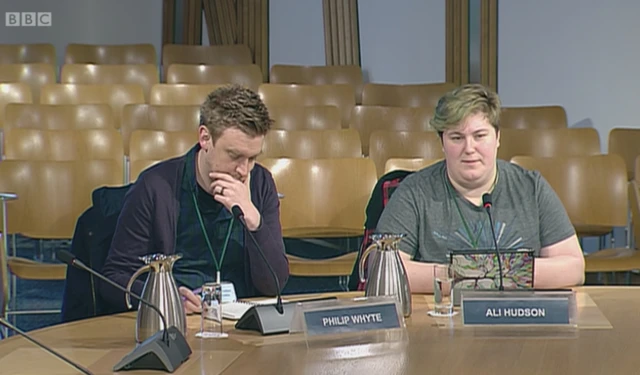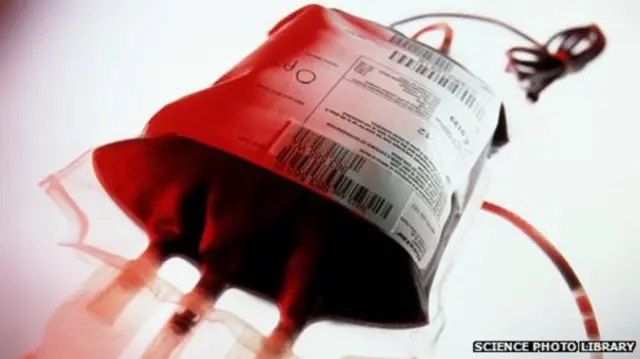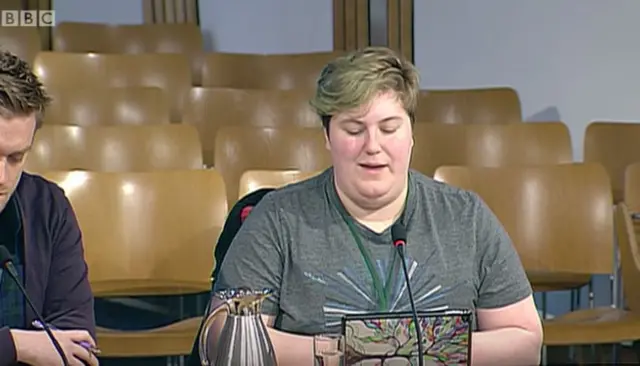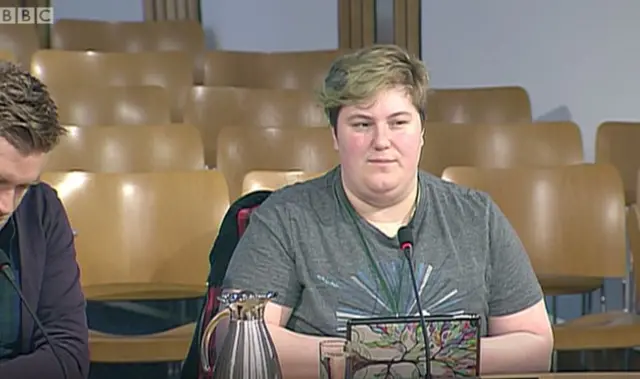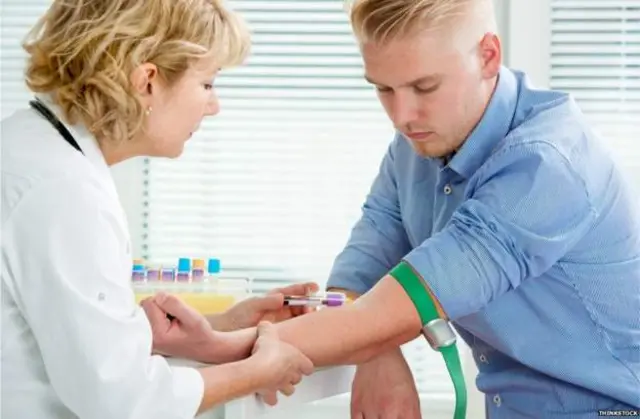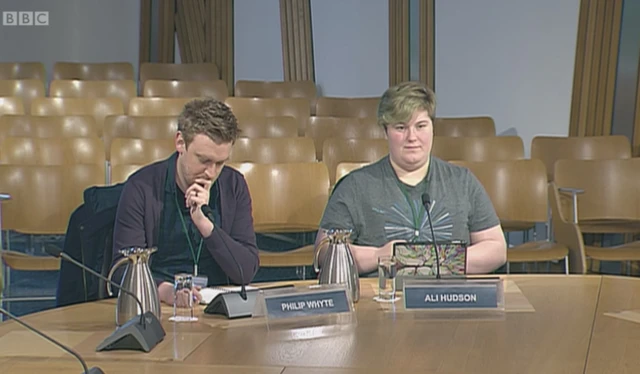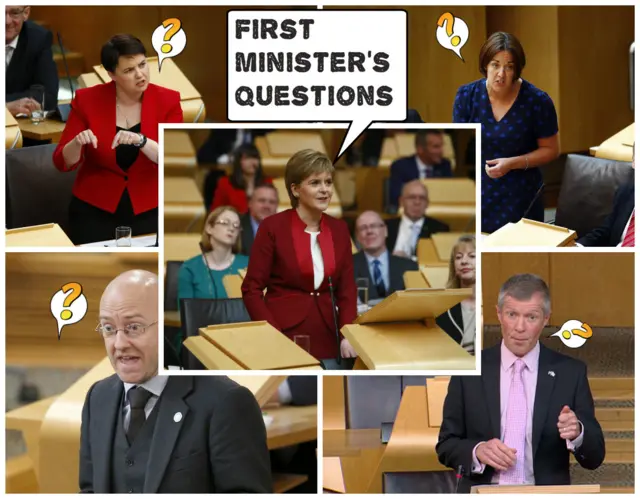MSPs call for Scottish government view on petitionpublished at 10:03 BST 27 April 2017
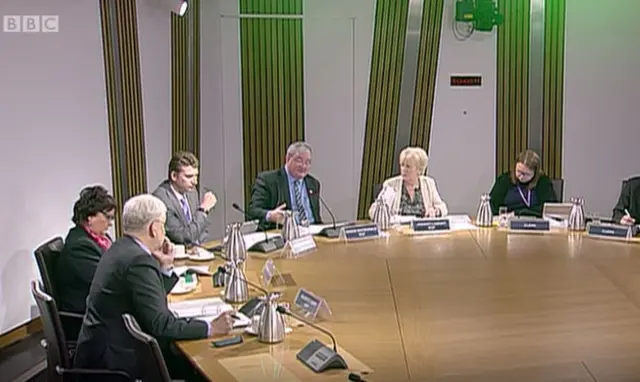 Image source, bbc
Image source, bbcMSPs consider the petition
Committee convener Johann Lamont thanks the witnesses for their evidence and says the campaign is not based on anything reckless but rather calling for a scientific approach.
Ms Lamont says there is an issue the committee wishes to explore further.
Tory MSP Brian Whittle says on the face of it it it does look like there is prejudice and the Scottish government's views should be sought.
SNP MSP Angus Macdonald points to the Advisory Committee on the Safety of Blood, Tissues and Organs (SaBTO) review due this year.
